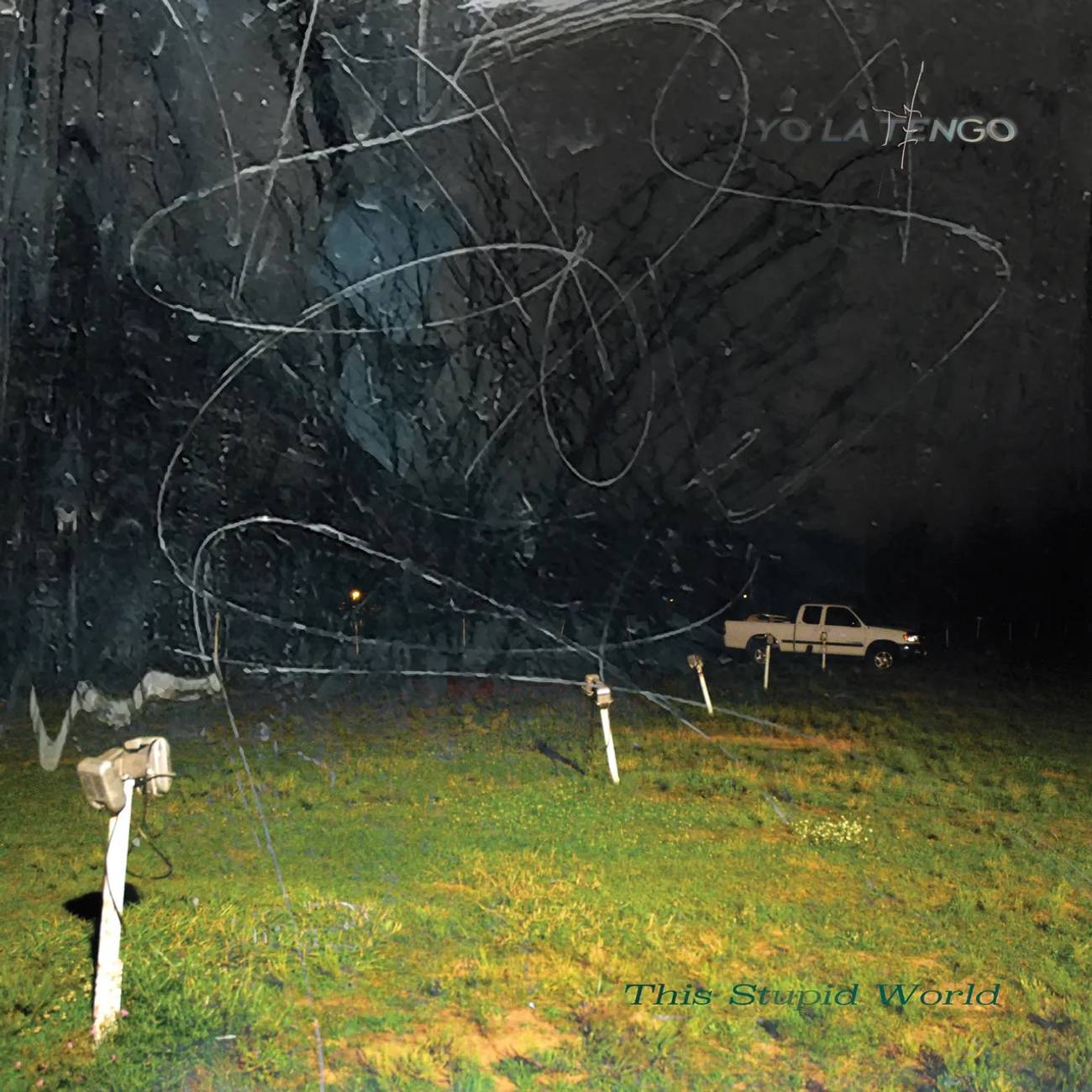Last Yo La Tengo in Hoboken
With their best album in years, the band recaptures the sound that defined indie rock




Reading Big Day Coming: Yo La Tengo and the Rise of Indie Rock, Jesse Jarnow’s 2012 biography of the band, one gets the sense that the defining influence on Yo La Tengo was 1980s Hoboken. Ira Kaplan, Georgia Hubley, and the band’s string of bassists would soak up the hardcore coming out of Boston, the art-punk out of New York, and the straight-edge from the D.C. suburbs, but they always kept themselves at a creatively safe distance from these furious scenes.
Yo La Tengo—who, with albums such as Electr-O-Pura and I Can Hear the Heart Beating as One, helped define the sound of ’90s indie rock—found stability in their separation. They weren’t completely isolated from New York, but their true home was a bar planting a flag for a Hoboken-style cultural revolution: Maxwell’s. When the bar came under new ownership in 1978, Jarnow writes, they made a startling decision for a drinking establishment located in Frank Sinatra’s birthplace: no Old Blue Eyes on the jukebox. This wasn’t going to be a bar that celebrated Hoboken’s past. It was going to stare gentrification in the face and build a new future.
It was a small but vital choice, giving bands like Yo La Tengo a place to create something just for themselves and their friends. On the band’s latest, the wonderful This Stupid World, that history comes full circle with their stunning opener, “Sinatra Drive Breakdown.”
The song’s lyrics could describe coming home after criss-crossing the country on tour: “I see my arms flail / I see the night alone I see brief glimpses of clear sky / I see times I wanted, regained and lost again / Your eyes, your love / Until we all break, until we all break” coos Kaplan, never raising his voice above a calm hum. This is the voice of someone who has seen the tour van broken down. Calm on the surface, the chaos of swirling guitars bubbling beneath.
Yo La Tengo’s music moves across a spectrum, from whisper-quiet to an all-consuming loudness. They take their time getting there, but the journey is part of the experience. Where does a track like “Tonight’s Episode” take you? It starts with a few humble string picks, and then it rumbles into a world of noise. Then Kaplan starts bragging, nonchalantly, about his yo-yo abilities. Georgia backs him up. “Walk the dog / I can walk the dog / Around the world / I can around the world / Rock that cradle / rock that cradle, too.” It’s as cool as yo-yoing has ever been.
The yo-yos stand in as a metaphor for Yo La Tengo, the decidedly unflashy band who became such a mainstay with music nerds that The Onion once declared, “37 Record-Store Clerks Feared Dead In Yo La Tengo Concert Disaster.” Damn the trends, they make themselves cool. “Fall out of time,” the band declares on the album’s second track, “Fallout,” and it feels like they’re offering up the secret to their longevity.
Some Yo La Tengo albums are chill and forgettable like 2013’s Fade; others are fun, like the 2006 cover album Yo La Tengo Is Murdering the Classics; and still others are transcendent, like 1997’s I Can Hear the Heart Beating as One. Stupid World gets as close to the third category as they’ve gotten in a while. It’s not a punishing album, except for when Kaplan is beating himself up on “Apology Letter.” “If I were to smile at you, would you smile at me?” he asks, with no answer coming forth.
Stupid World flows from quiet to loud to quiet again. But it might be more accurate to say they move between order and chaos, as the back-to-back tracks of the shredding “Brain Capers” and the stomp-heavy “This Stupid World” make clear. Yo La Tengo is making their own order and their own chaos, and the result is one of their best albums in decades.
David Meir Grossman is a writer living in Brooklyn. His Twitter feed is @davidgross_man.